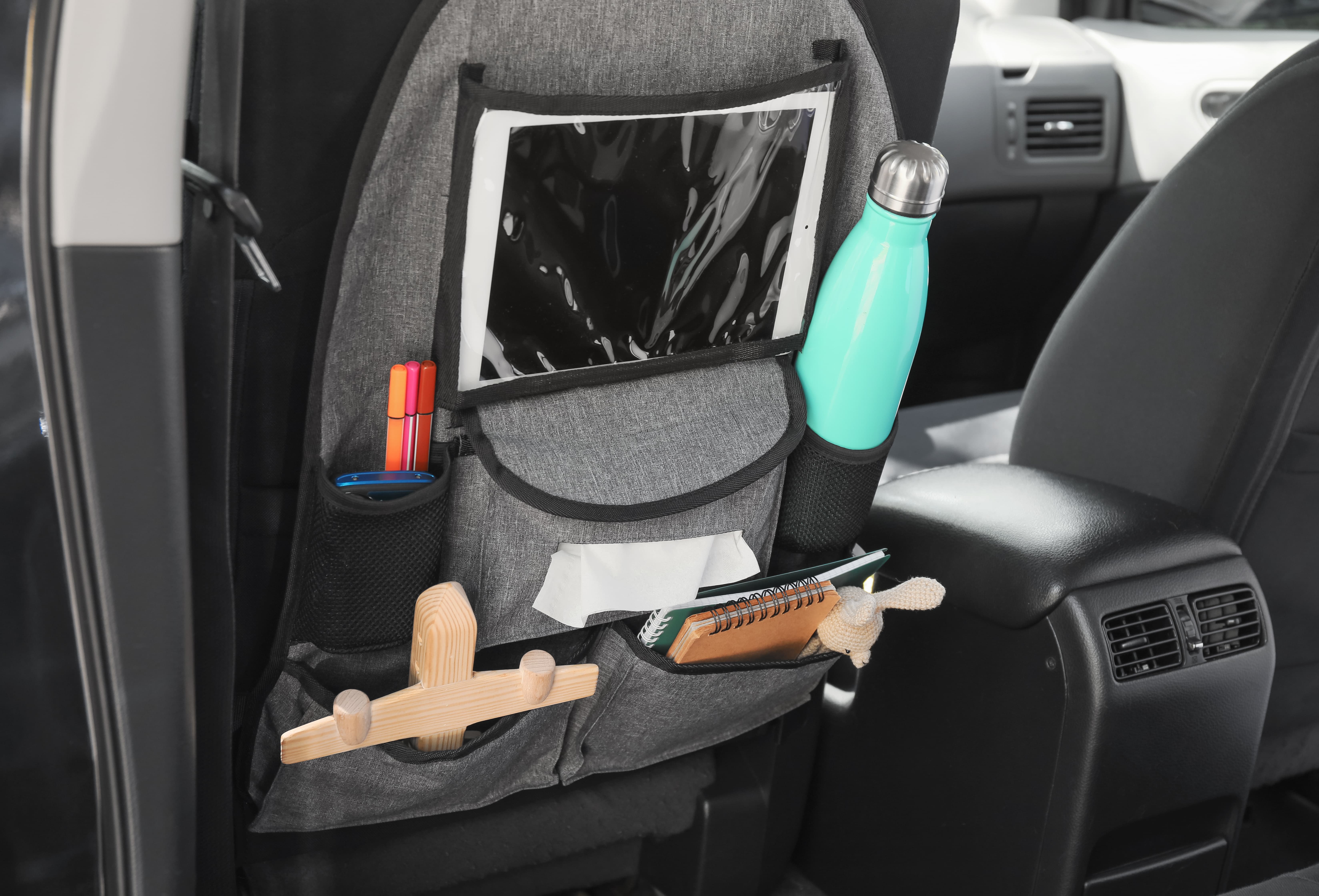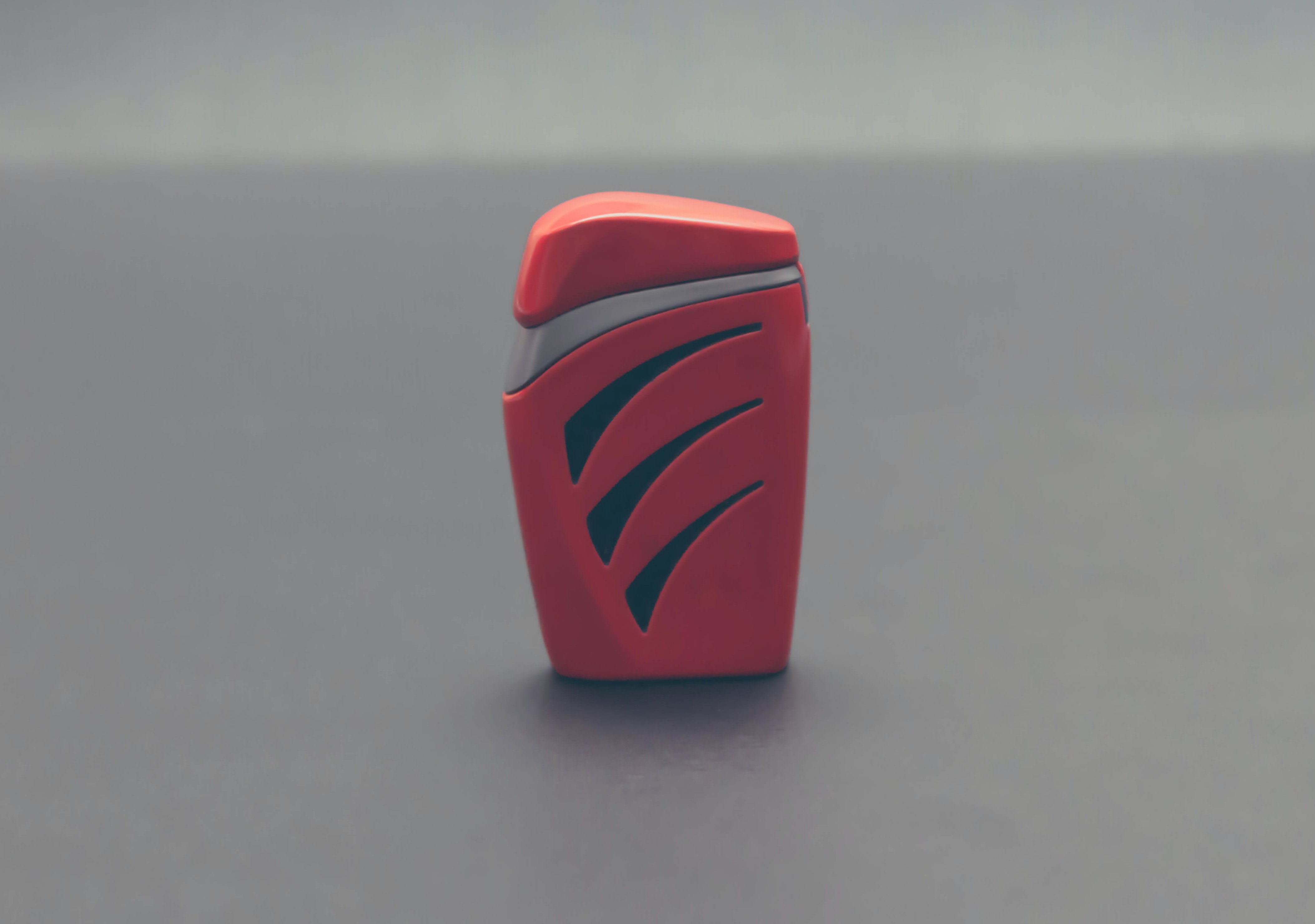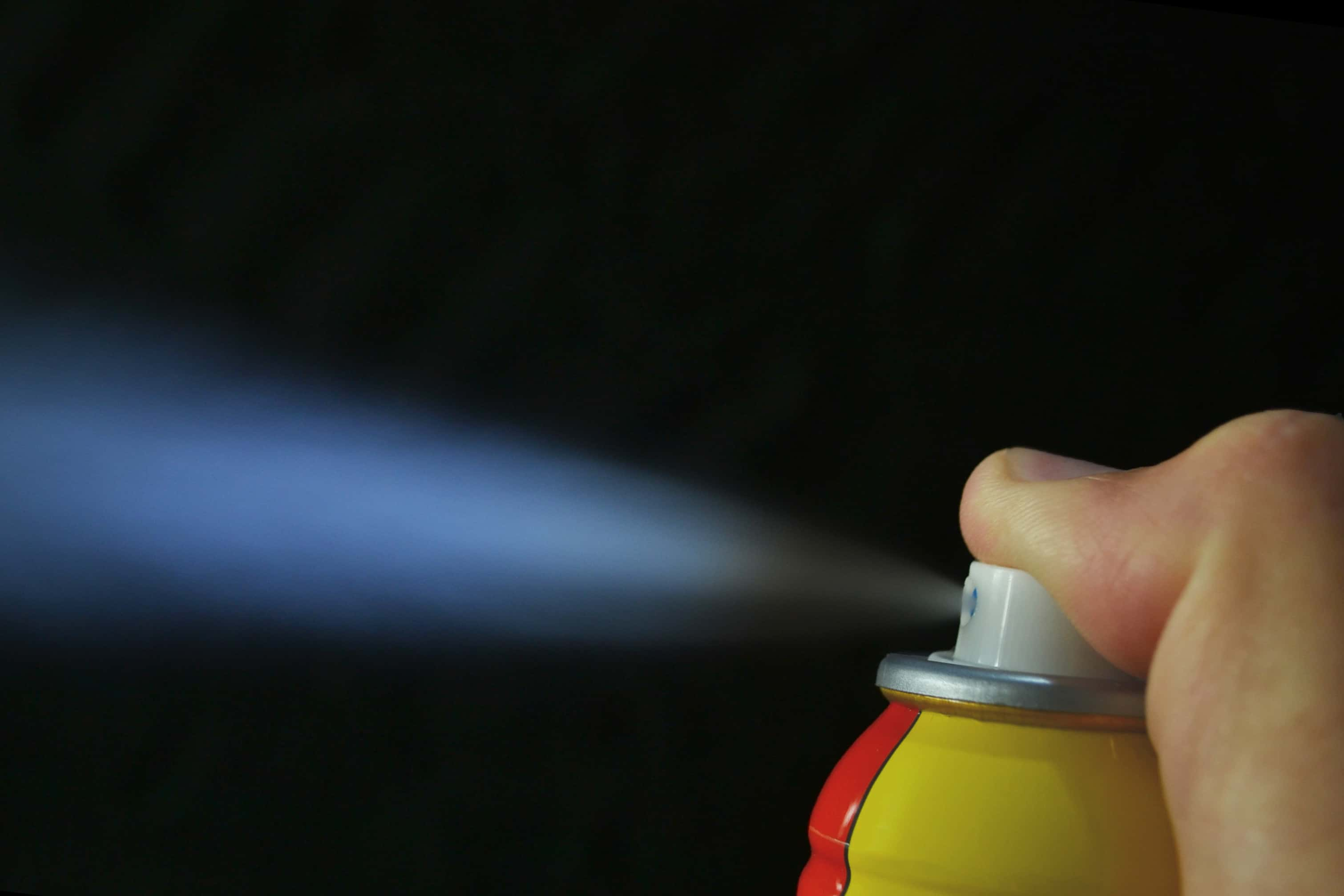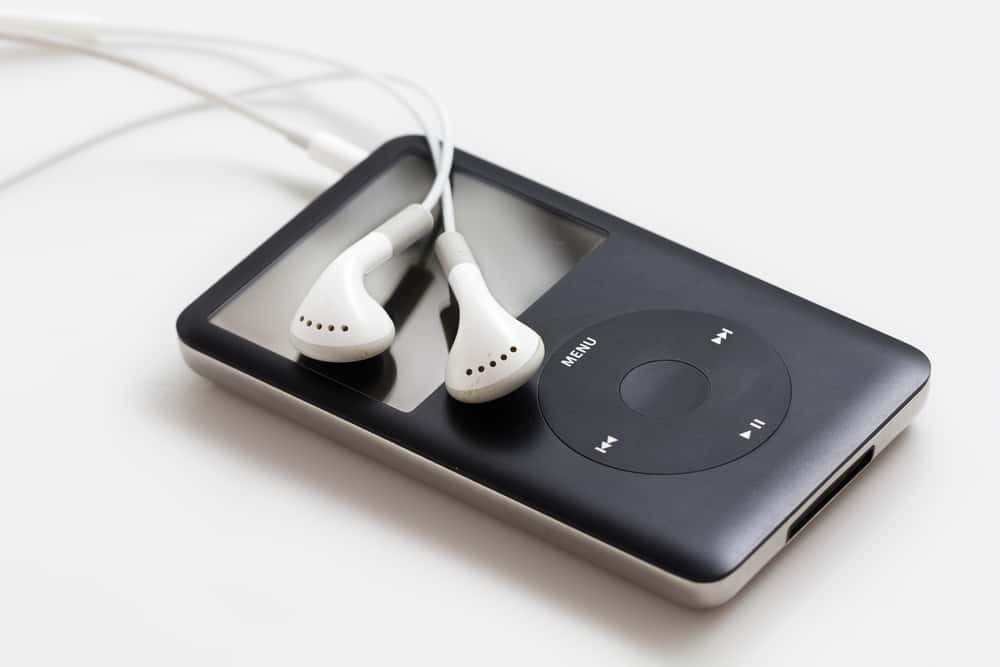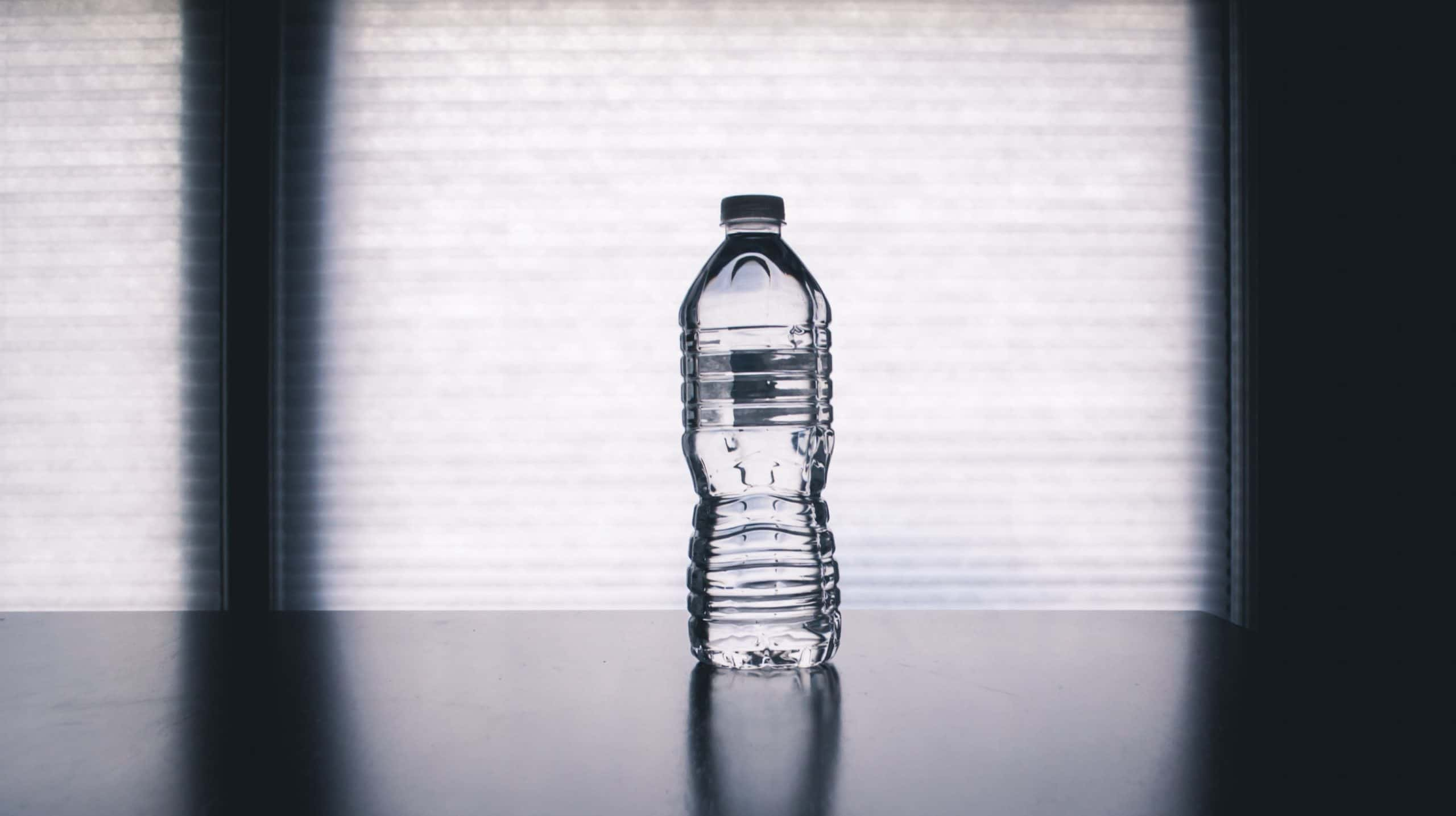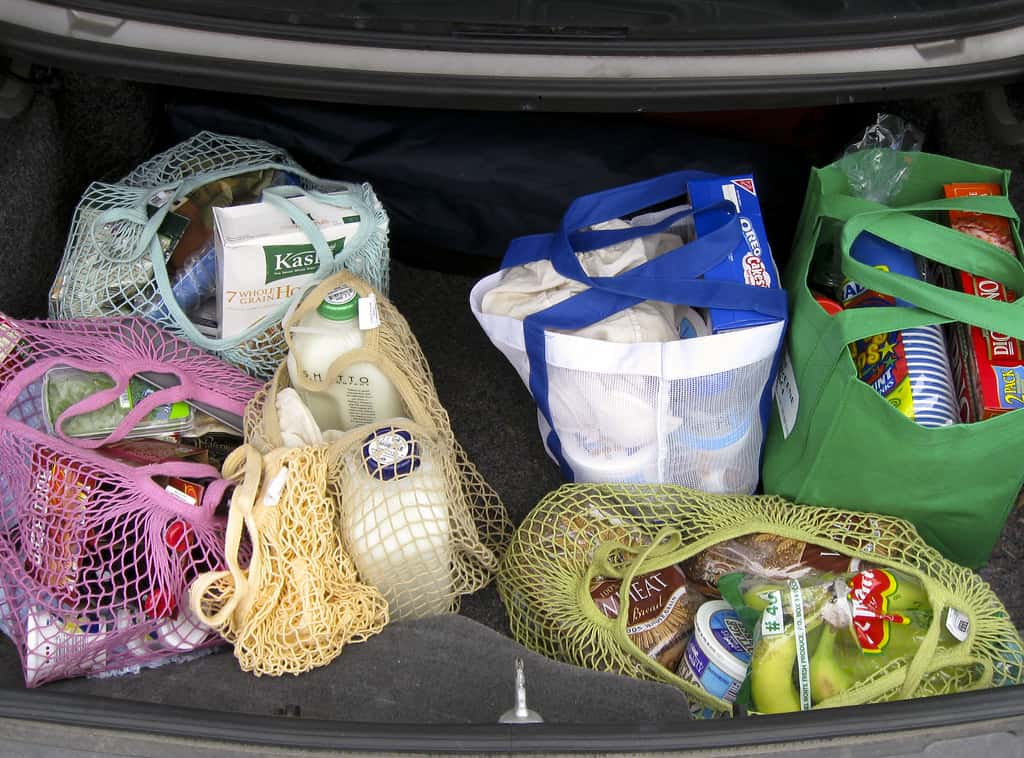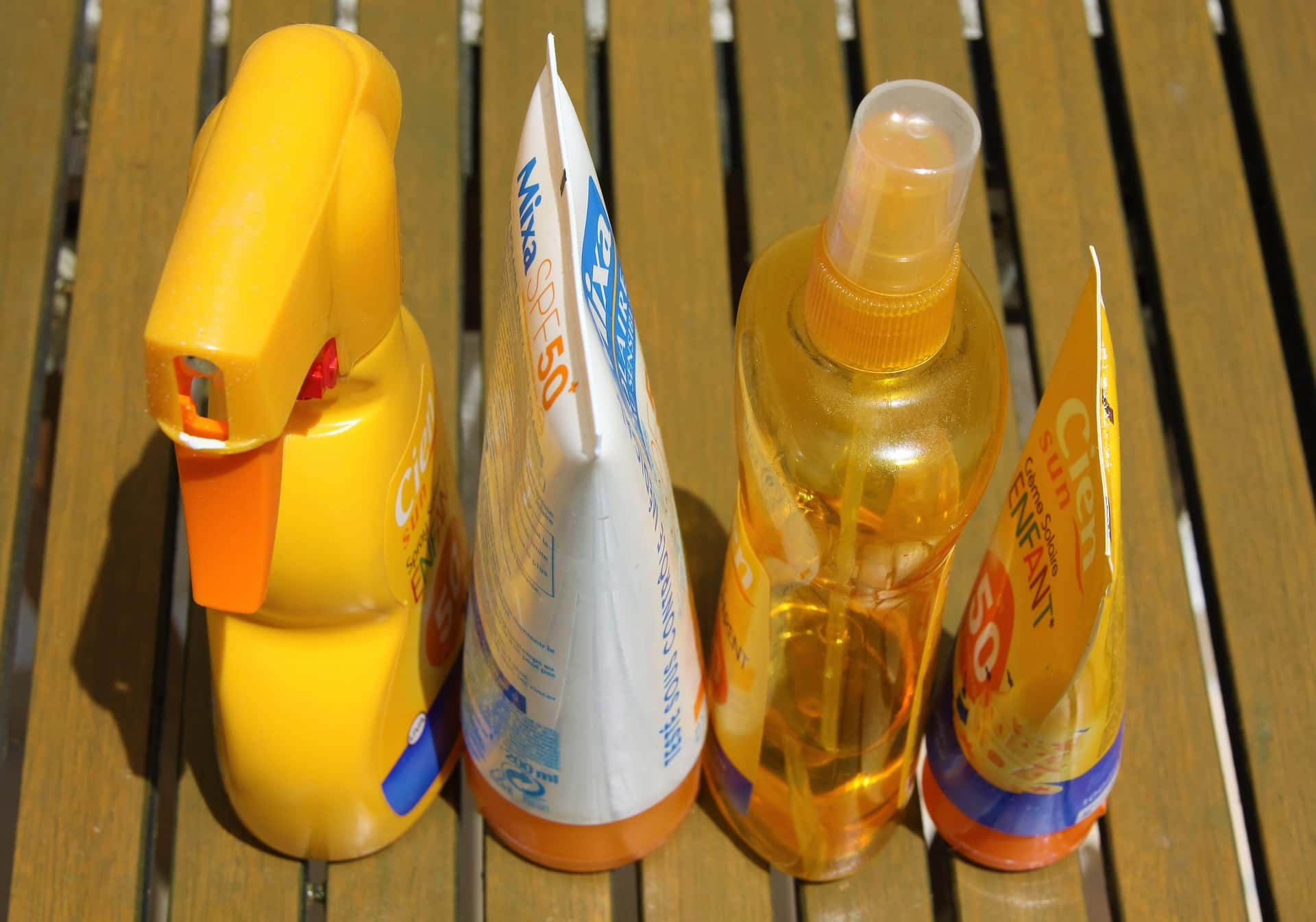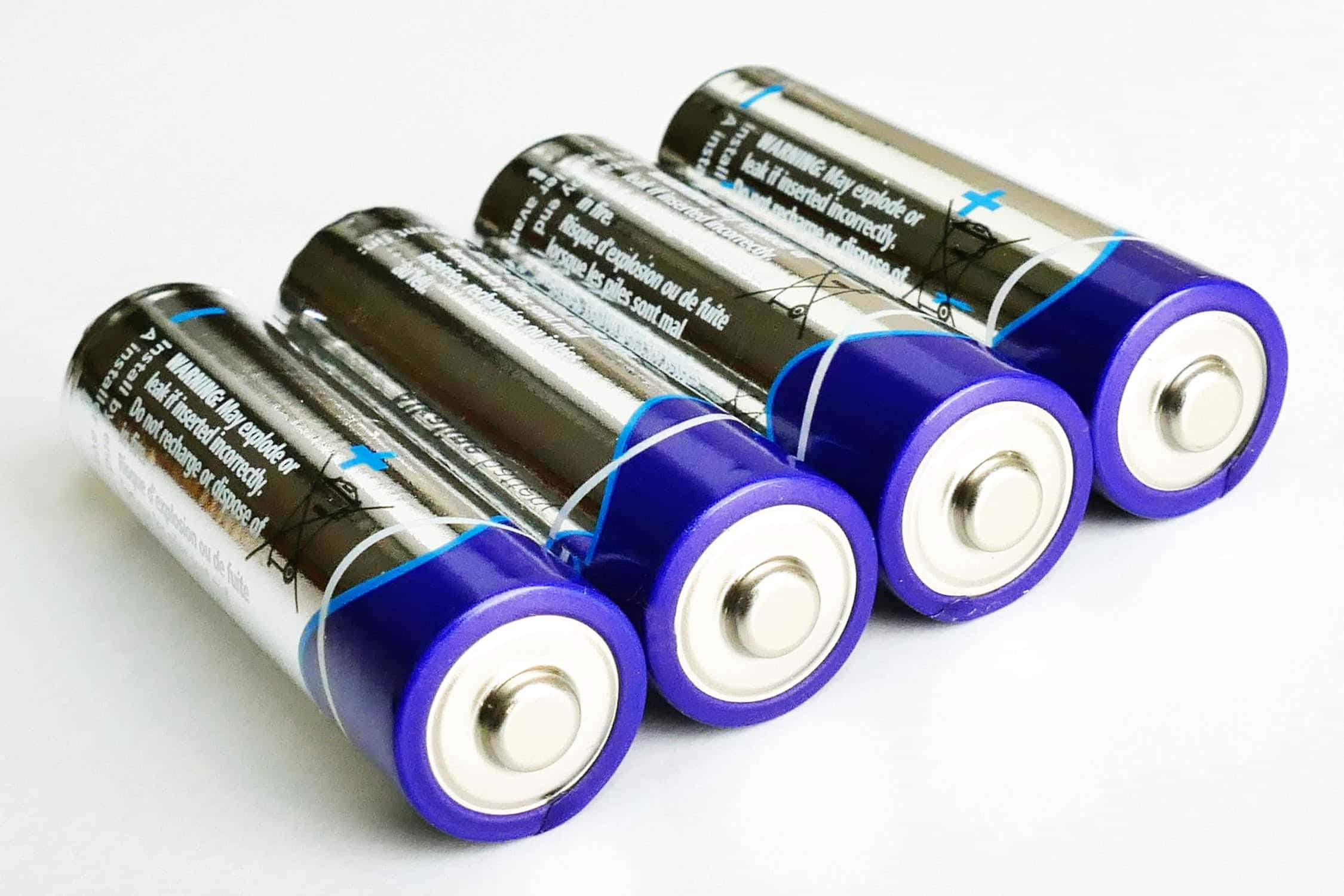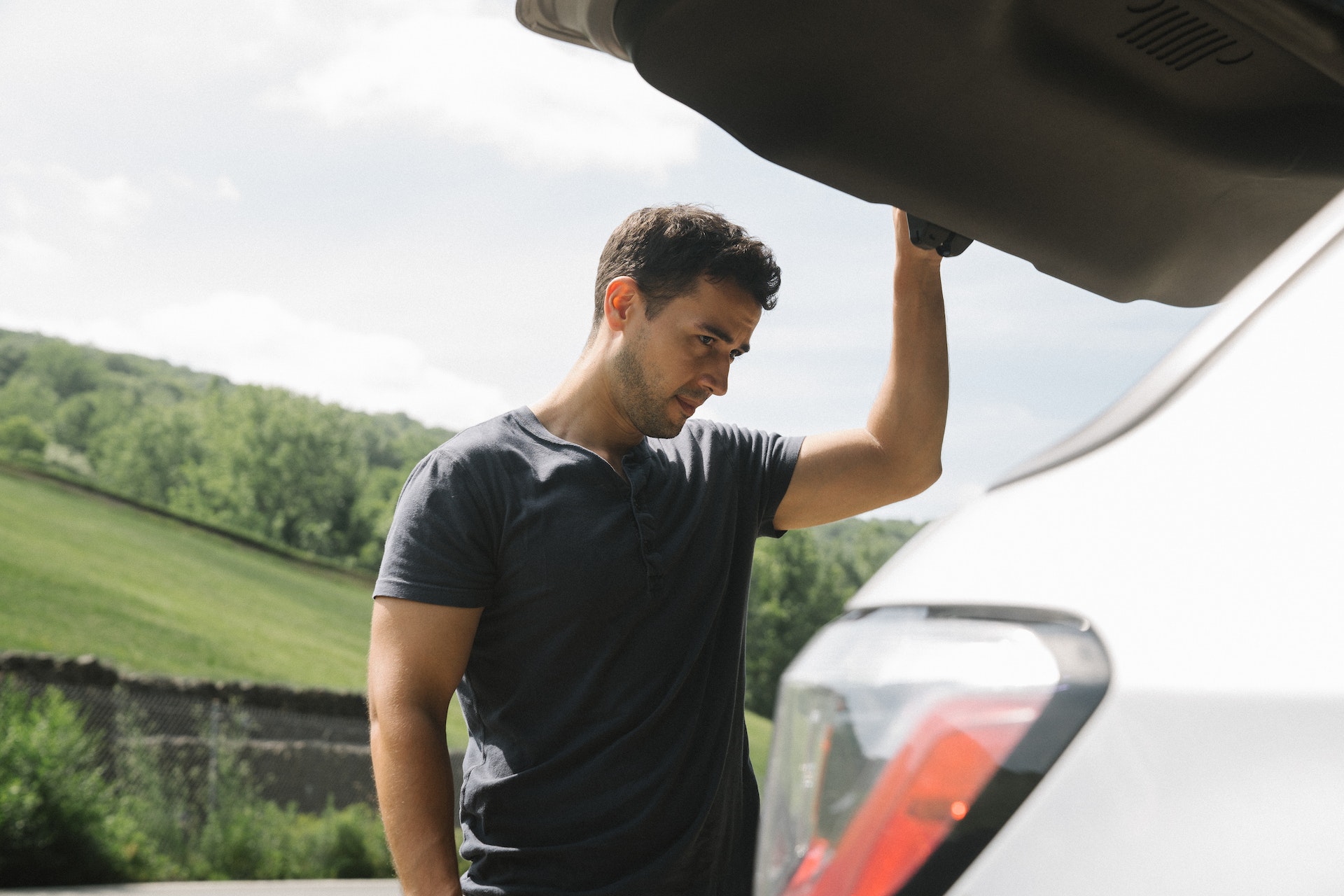10 Hazardous Items You Should Never Leave in Your Car
We’ve all been there—parking our cars, rushing into our destination, or dragging our feet out of car after a long day at work. While doing so, we likely leave something behind unintentionally.
To be fair, I think most people have junk in their car. Perhaps its not all junk, maybe some of it is useful and important to you.
The problem here is that there are some items that are actually fairly hazardous when left inside a vehicle, especially under the scorching sun or on a cold, winter day.
While some may just damage the interior of you car, or the items themselves, others can cause significant safety hazards.
Here are 10 items you should think twice about leaving in your car, and the reasons why.
Lighters
When lighters are exposed to prolonged sunlight or high temperatures, they can explode. It might sound insignificant given the size of a lighter, but it can actually do quite a bit of damage inside your vehicle.
Not only physical damage, but they can also release harmful fumes.
Alternative: Consider using electric or rechargeable lighters.
Better Place: Keep them in a cool, dark place inside your home.
Aerosol Cans
Products in aerosol cans—like deodorant o hairspray—can explore if the pressure builds up inside. This is usually caused from high temperatures. An exploding aerosol can will cause significant damage inside your vehicle, and can injure anyone inside.
Alternative: Use roll-ons or non-aerosol sprays.
Better Place: Store in a cool, dry place in your home.
Medication
Medication can be greatly affected by temperatures as well. High temperatures can degrade the quality of medication, reducing their efficacy. This could be dangerous if the medication relied upon for critical health reasons.
Alternative: Use a medicine storage box with a temperature regulator.
Better Place: Keep them in a medicine cabinet away from direct sunlight.
Electronics
Electronics like laptops, tablets, and smartphones should never be left in your vehicle. Aside from attracting theft, they can also become damaged if left in a vehicle during high or low temperatures.
Low temperatures can cause moisture build-up inside internally when brought back indoors afterward, which can cause moisture damage. High temperatures can cause battery issues and other problems internally.
Alternative: Opt for cloud storage to access data from any device.
Better Place: Bring electronics inside with you, or store them in a protective bag.
Plastic Water Bottles
When plastic water bottles are left in a hot car, they release harmful chemicals into the water. A similar situation occurs when plastic water bottles have been frozen and then thawed.
Alternative: Invest in a stainless-steel or glass reusable water bottle.
Better Place: Carry the bottle with you to ensure you stay hydrated.
Pets
This one should be obvious, but we all know there are still people who take this risk. Pets should never be left alone in a vehicle in any weather.
Even with the windows cracked, warm temperatures can rise quickly and dramatically, putting your furbaby at risk of heatstroke, or even death within minutes.
Not to mention, your vehicle is at risk—from people who despise others who do this. If you leave your pet in a hot car, you can likely expect to find a broken window when you return.
Alternative: Use pet-friendly establishments or apps that allow you to bring your pets inside.
Better Place: Leave your pets at home in a comfortable environment or with someone who can look after them.
Perishable Foods
This one also sounds obvious; however, the dangers are not widely known.
Leaving foods like dairy or meat products in your car can lead to bacterial growth, making them unsafe to consume.
The scary part is that your food may not necessarily seem “rotten”. Just because it doesn’t yet smell bad or look bad doesn’t mean that the bacteria aren’t thriving.
It’s important to unpack your car right away after grocery shopping, and if you’re bringing food along on a trip, use insulated cooler bags and ice packs to keep your food fresh and safe.
Alternative: Use insulated grocery bags for perishables.
Better Place: Store them in your refrigerator or freezer as soon as you can.
Sunscreen
Sunscreen is something that people like to have on hand—especially families with kids. It is often helpful to have it available when you don’t expect to need it. However, leaving sunscreen in a hot car can degrade its active ingredients, making it less effective.
Alternative: Carry a small tube of sunscreen in your bag or purse.
Better Place: Store it in a cool, shaded spot in your home.
Disposable Batteries
Batteries pose many risks that most people aren’t aware of. But in regard to vehicles, leaving batteries in a hot car can cause them to leak or even explode, releasing harmful chemicals.
Alternative: Use rechargeable batteries that have a higher tolerance to temperature fluctuations.
Better Place: Store them in a cool, dry drawer at home.
Hand Sanitizers
In light of recent events, hand sanitizer is an extremely common item found in cars these days. However, most of them are alcohol-based, which makes them flammable. Exposure to sunlight or high heat can cause them to leak or evaporate, reducing their effectiveness.
Alternative: Use sanitizing wipes or a non-alcohol-based sanitizer.
Better Place: Keep a small bottle in your bag or pocket for on-the-go use.
Final Thoughts
With life getting busier by the day, we often forget to stop and think about potential dangers lurking in our daily routines.
By being aware and making small changes, you can keep yourself, your loved ones, and even your car safe from hazards you may not have thought about before.


